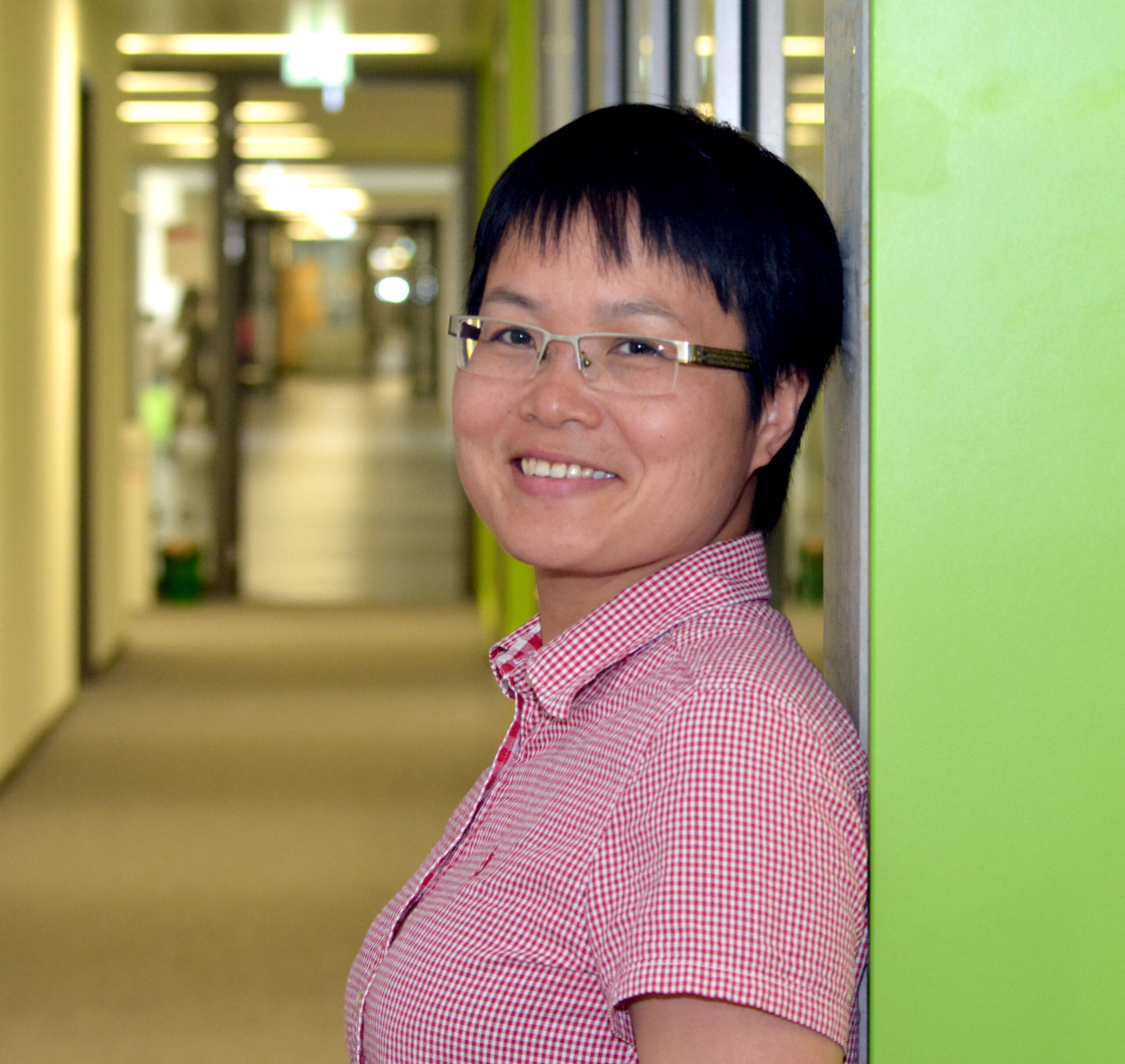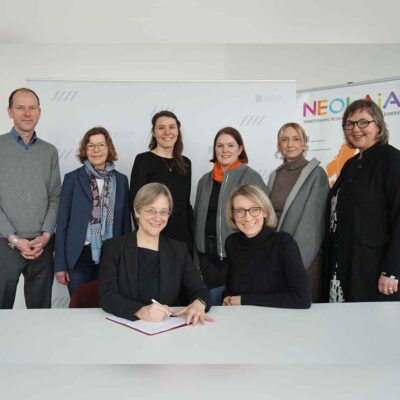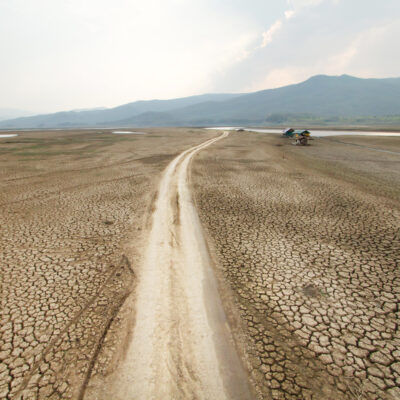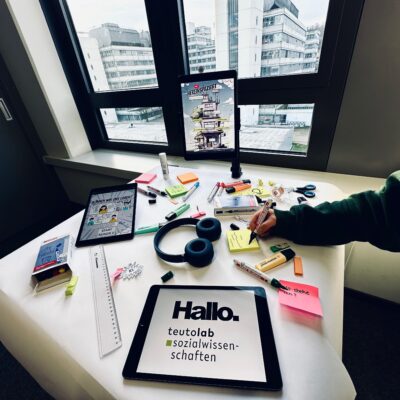Sie gehört zu Europas besten Nachwuchswissenschaftler*innen, ausgezeichnet mit einem Forschungsstipendium über 1,5 Millionen Euro. Trotzdem ist die Anthropologin Minh Nguyen kein bisschen abgehoben.
She likes the work ethic in Bielefeld, says Professor Dr Minh Nguyen with a laugh: ‘People work hard, they are down to earth, and don’t live beyond their means.’ This East Westphalian frugality fits in well with the anthropologist’s attitude to life—being funded with an ERC Starting Grant calls for a lot of hard work. But Minh Nguyen is modest. ‘I try my best,’ she says, noting with a certain irony that one wouldn’t want to work too hard, lest it leads to burnout. On the other hand, hard work is very important if you want to achieve something.

©
How migrant work and welfare are related
With the ERC Starting Grant, the Vietnamese academic has achieved something that only a few scientists manage. It’s the research grant par excellence. ‘It’s incredible that one can get it,’ says Minh Nguyen. Apart from the prestige, which she experienced during a visit to China, it is above all the autonomy that comes with an ERC Starting Grant. The high level of funding enables young academics to put together their own team and conduct research over a longer period of time without the pressure of having to publish quickly and constantly put forward new grant applications. At a time when the economic viability of academic research is becoming increasingly dominant, this is something special, says Minh Nguyen.
With her newly established research team, the professor of social anthropology is investigating the provision of social welfare for migrant workers in global factories of China and Vietnam. In these factories, millions of people are assembling smartphones, producing clothing, or making other consumer goods thousands of kilometres away from their families, Minh Nguyen reports. ‘This is why mobility and migration play a central role in my research,’ she says. She is interested in the social struggles that unfold around the caring for this migrant labour force in the context of recent changes in these countries’ welfare systems, especially the negotiations between the recipients and providers of welfare. ‘Coronavirus will certainly impact on the migrant workers in complex ways,’ says the sociologist. ‘Many will lose their jobs, whereas some factories will find it hard to recruit workers. In the project, we shall then have to study how the economic effects of the pandemic impact on their lives—especially in terms of their social welfare.’
Striving for a good life
Once asked about her research work, the otherwise rather reserved person waxes lyrical. She is in her element when reporting on the changes in China and Vietnam, two socialist countries in which the market economy has now taken hold. On the one hand, people there have experienced a major restructuring of the labour market due to privatization and globalization. On the other hand, their welfare systems have been expanding, with new dynamics and effects that are still little known, she says. For the people, it is no longer just a matter of survival, but increasingly a quest for a good life, and social welfare thereby becomes a central concern. It was these changes that gave her the idea for her research project WelfareStruggles, for which she received the ERC Starting Grant. The project therefore also deals with the everyday difficulties people face in accessing welfare for themselves and their families, especially when their families are split between the city and the countryside.
Minh Nguyen is looking forward to the upcoming field research. Later in the year, she and her team will be visiting migrant workers and their families in China and Vietnam—if they are not prevented by travel restrictions due to coronavirus. For the anthropologist, ethnographic research is at the heart of her work as an anthropologist. When conducting ethnography, anthropologists immerse themselves over long periods of time in the everyday realities of people and communities in order to understand how broader processes and power relations play out in their lives.
From Vietnam’s planned economy to Bielefeld
Even as a child, the scientist was already fascinated by the exploration of unknown lifeworlds. Having grown up in the planned economy of Vietnam in the 1980s, she became interested in the ‘world outside’ at an early age. She gained access to German, English, French, and Soviet literature, and this further fuelled her interest in the outside world: ‘That somehow appealed to me: there is a world beyond Vietnam that I wanted to get to know and be part of.’
Her studies took her to Australia and Great Britain before she took a position at the Max Planck Institute for Social Anthropology in Halle an der Saale. The foreign stations simply happened one after the other, says the 43-year-old, who has to think twice when asked her age because Vietnamese would count the nine months in the mother’s womb as one year of life. She has made Bielefeld her home since 2018. She lives here with her German husband and her 13-year-old daughter.
Minh Nguyen is looking forward to life after the coronavirus crisis. Then you can often meet her if you go to the market at Kesselbrink where she buys fish. Afterwards, she pops into the Vietnamese supermarket close by. But she doesn’t need many exotic ingredients: ‘For the Vietnamese, the most important things are rice and fish sauce. As long as I have both, all is well!’—That’s Vietnamese East Westphalian frugality for you.
This article is a pre-publication from “BI.research“, the research magazine of Bielefeld University. The new issue of the magazine will be published in May 2020.




